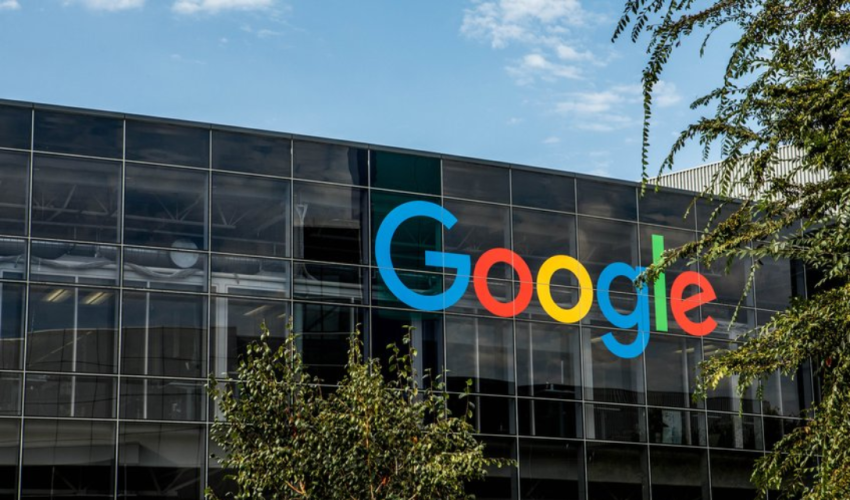The landmark ruling against Google on August 5, 2024, has sent shockwaves through the industry, and I believe it’s crucial for us to understand its implications.
For years, we’ve watched as tech giants like Google have dominated the digital landscape. Their influence has been so pervasive that it’s hard to imagine a world where they don’t hold such immense power. But this ruling changes everything.
Judge Amit Mehta’s decision that Google violated U.S. antitrust law by maintaining an illegal monopoly in the search engine market is a watershed moment. It’s not just about Google – it’s about the future of innovation, competition, and how we access information online.
The court found that Google’s practice of spending billions on exclusive agreements to be the default search engine on devices worldwide was anticompetitive. This strategy allowed Google to inflate prices for search ads, creating a self-perpetuating cycle of dominance.
But what does this mean for the rest of us in the tech industry?
First and foremost, we’re likely to see increased competition. This ruling could open the door for smaller search engines and tech companies to gain traction. As someone who’s always championed innovation, I’m excited about the potential for new ideas and approaches to flourish.
We might also see significant changes in how major tech companies operate. Google will likely need to alter its business model, particularly in how it integrates services and handles advertising. This could have a ripple effect across the industry, forcing other tech giants to reevaluate their strategies.
From a regulatory standpoint, this decision sets a powerful precedent. It’s a clear signal that even the biggest players aren’t above the law. We may see similar actions against other tech giants, potentially reshaping the entire landscape of our industry.
For consumers, this could mean more choices, potentially lower prices, and improvements in privacy and data protection. As companies compete on these fronts, we might see rapid advancements that benefit end-users.
The global implications are also worth considering. Regulatory bodies in other countries may be emboldened to take similar actions, leading to a more coordinated global approach to managing tech monopolies.
As AI continues to play an increasingly significant role in search and other digital services, this ruling could have far-reaching effects on how AI technologies are developed and deployed. We might see a more diverse ecosystem of AI-powered search engines and services, each with its unique strengths and specializations.
This case, initiated during the Trump administration, represents the first major antitrust decision of the modern internet era against a tech giant. While Google is likely to appeal, the writing is on the wall – the era of unchecked tech monopolies may be coming to an end.
As industry professionals, it’s our responsibility to stay informed about these developments and consider how they might affect our work. We need to be ready to adapt to a changing landscape and seize new opportunities as they arise.
I encourage all of you to share your thoughts on this ruling. How do you think it will impact your area of expertise? What opportunities or challenges do you foresee? Let’s start a conversation and explore the potential futures this decision might unlock.
In the coming months, I’ll be closely watching how Google adapts its practices and how other tech companies respond. I believe we’re at the cusp of a new era in tech – one that could be more competitive, innovative, and beneficial for all. Let’s embrace this change and work together to shape a better digital future.
What are your thoughts on this ruling and its potential impact? Share your perspectives in the comments below, and let’s engage in a meaningful dialogue about the future of our industry.
